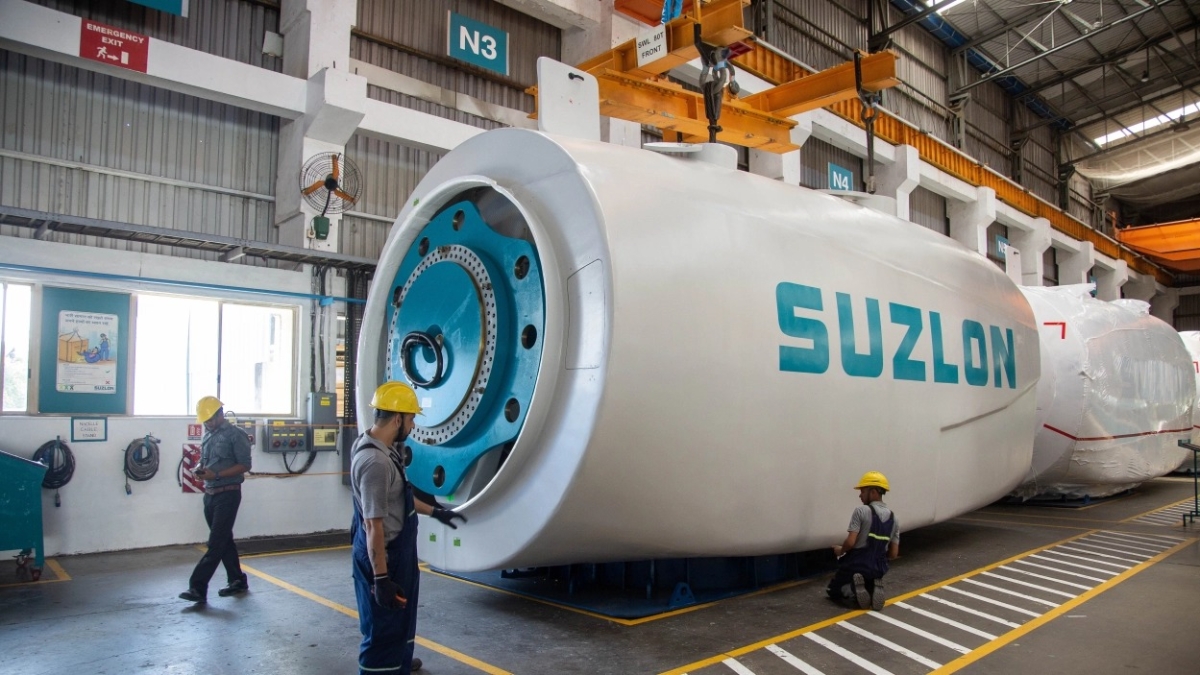New Delhi: With India’s fixed deposit interest rates seeing significant fluctuations in recent years, potential investors are turning a keen eye towards trends and developments in this area. What becomes immediately noticeable is the cyclical nature of these rates, pointing towards a continuous interplay of economic factors and policy decisions taken by the Reserve Bank of India (RBI). It offers a generally clearer picture of how fixed deposit interest rates in India seem to move, thus aiding parties considering investing in this avenue.
The RBI plays a significant role in determining the fixed deposit interest rates circulated in the Indian market. As the country’s regulatory body for monetary policy, the RBI’s key monetary tools such as Repo rate, Cash reserve ratio, and Statutory liquidity ratio, have a direct influence on the interest rates of fixed deposits. Consequently, any change initiated by the RBI in these rates will create a ripple effect on the fixed deposit interest rates in India.
For example, when the RBI increases the Repo rate (the rate at which it lends money to commercial banks), banks usually raise the interest rates on their loans, thereby leading to a higher interest rate for fixed deposits. Following the same logic, when the RBI cuts the Repo rate, the opposite effect is observed.
Recent trends have once again confirmed this relationship. The RBI cut the Repo rate dramatically during 2020 in response to the economic crisis caused by the COVID-19 pandemic. Banks responded to this by lowering their fixed deposit interest rates. The State Bank of India, for instance, announced reductions in the interest rates on its retail term deposits by 20 to 50 basis points. This meant a decrease in the potential fixed deposit return for the investors.
It’s crucial to keep in mind that this doesn’t necessarily represent a negative trend. Whenever such a drop in interest rates occurs, investors may simply shift their capital to riskier yet potentially high yielding investment avenues such as equities. While the return on fixed deposits might be lower, equities, backed by increased liquidity in the market, might offer higher returns.
In addition to RBI’s monetary policies, other integral parameters affecting fixed deposit interest rates include demand and supply of credit, inflation rate, and fiscal policies implemented by the Government. A clear understanding of these variables can hence aid in predicting the trajectory of future fixed deposit interest rates.
Conclusion
Understanding the trends in fixed deposit interest rates is crucial before making any investment decisions. However, as complex factors continue to affect these rates, professional advice is always beneficial. Therefore, before setting out to make investments, every investor should gauge all the pros and cons, consider their risk appetite, and, if possible, seek expert advice to make an informed decision.
Disclaimer
This analysis is intended purely for educational purposes and should not be taken as investment advice. Investing in the financial markets involves significant risk. It is important for investors to do their due diligence and consider multiple factors before making any investment decisions.
Summary
Fixed deposit interest rates in India are influenced by various parameters including economic factors and policy decisions by the Reserve Bank of India (RBI). RBI’s monetary tools like Repo rate directly affect these interest rates. For example, when RBI increases the Repo rate, banks raise the interest rates on their loans, leading to a higher yield for fixed deposits – and vice versa. In 2020, RBI cut the Repo rate in response to the COVID-19 pandemic, causing a decrease in fixed deposit return for investors. However, to compensate, investors might move towards riskier but potentially higher yielding equities. Other factors influencing fixed deposit interest rates include demand and supply of credit, inflation rate, and government’s fiscal policies. It’s advisable for investors to thoroughly evaluate all factors, consider their own risk tolerance and seek professional advice before making any investment decisions.










